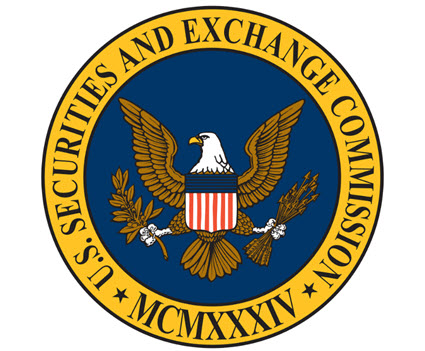
The Senate Energy Committee this week passed a bill to authorize more than $100 billion in spending on U.S. energy infrastructure with provisions affecting commercial real estate. The bill may be folded into a larger bipartisan infrastructure package emerging on Capitol Hill. (CQ and Reuters, July 14)
A Bipartisan Influence
- The Energy Infrastructure Act, introduced by Committee Chairman Joe Manchin (D-WV), below, drew the support of all 10 Democrats and three Republicans on the panel. Manchin noted that the committee’s vote “is another critical step toward finalizing our bipartisan infrastructure package, and an important reminder that we can find sensible solutions to difficult problems when we put partisanship aside and work together.” (Manchin news release and committee meeting video, July 14)
CRE Impact

- The bill includes provisions that would create an avenue for Congressional oversight to improve the Commercial Building Energy Consumption Survey (CBECS) – the key data set collected by the federal government on the basic characteristics of U.S. commercial buildings and how much energy they consume.
- Improving the quality and integrity of CBECS data has long been a priority of The Roundtable’s Sustainability Policy Advisory Committee (SPAC) chaired by Tony Malkin (Chairman, President, and CEO, Empire State Realty Trust) , and Vice-Chaired by Dan Egan (Vornado Realty Trust) and Ben Myers (Boston Properties).
- “Reliable data from the federal government is crucial to help building owners do their part to address climate change,” said Roundtable President and CEO, Jeffrey DeBoer. “We applaud Chairman Manchin’s efforts through the Energy Infrastructure Act to modernize CBECS data so it reflects the substantial resources our members commit to optimize energy efficiency and reduce greenhouse gas emissions from the built environment.”
- CBECS is managed by the U.S. Energy Information Administration (EIA). It provides the foundational data set used by the Environmental Protection Agency (EPA) to certify 1-100 ENERGY STAR scores that “label” top performing buildings for lower energy use and greenhouse gas emissions compared to typical buildings.
- According to EPA, 5.6 billion square feet of floor space are ENERGY STAR rated, and these certified assets command a premium up to 16% for sales prices and rental rates.
- Despite the critical importance of EIA’s CBECS data to EPA’s ENERGY STAR program, there is currently no requirement for the agencies to coordinate on how they use or verify data. Manchin’s bill would change this.
- It would require the agencies to submit to Congress an “information sharing agreement” that explains how EPA’s own vaster and more current set of building data (collected through its Portfolio Manager “energy benchmarking” tool) can be used to supplement CBECS data.
- Manchin’s bill would also require EIA to report to Congress on how it might publish CBECS data every three years – on a faster track than EIA’s current six-to-seven year survey cycle, which results in government and private sector reliance on outdated building information in rapidly evolving energy markets.
- The bill would also require the agencies to “cross-check” buildings’ energy consumption in different data sets to improve statistical reliability, and take steps to ensure that larger buildings (greater than 250,000 square feet) are fully represented in the federal CBECS set.
Investments in the Electric Grid, Code Implementation

- Other provisions in the Energy Infrastructure Act would:
- Provide federal grants to States and other entities to harden the electric grid and improve its resiliency to natural and cyber threats;
- Provide States with money to establish revolving loan funds for building audits and retrofit projects;
- Direct the Energy Department and the Federal Energy Regulatory Commission (FERC) to develop model guidance for combined heat and power (CHP) systems to provide “backup” or “standby” power to the electric grid;
- Create an Energy Department grant program for code agencies, building associations, and other entities to improve implementation and compliance with building energy codes; and
- Trigger Davis-Bacon “prevailing wage” requirements for any projects or programs receiving federal dollars.
Language from the Senate Energy Committee’s bill might ultimately be incorporated into a larger infrastructure package expected to encompass transportation, electric vehicles, broadband, water, and sewer systems. [See Infrastructure story above]
# # #














